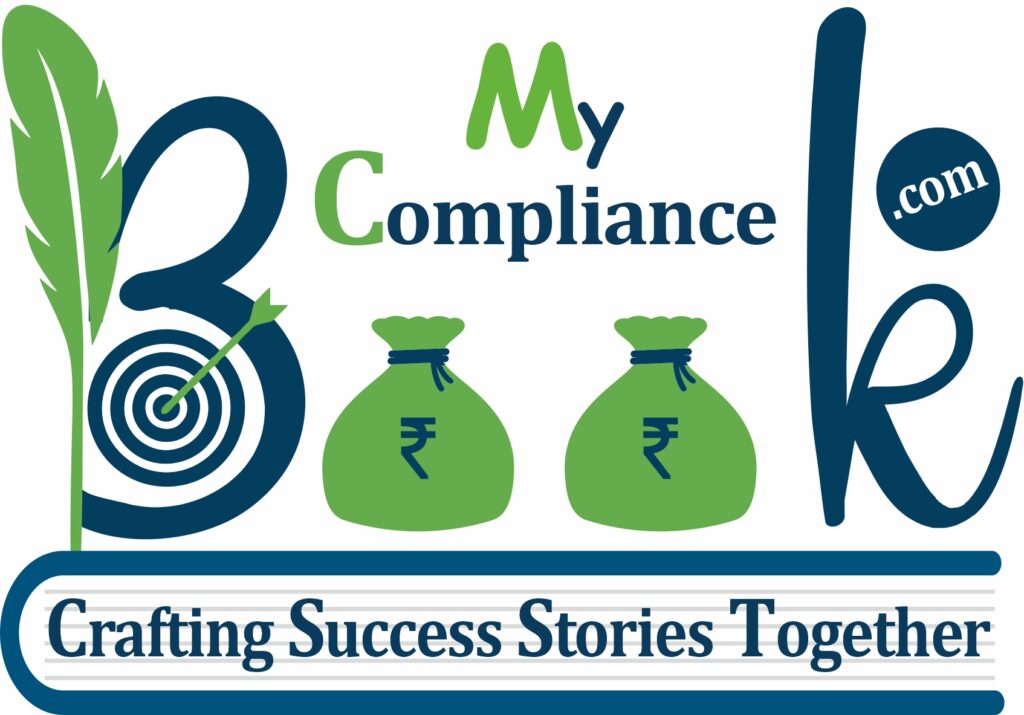
- 10+ Years of Experience
- 400 + In-House CAs, CS & Lawyers
- 10,000+ Pin codes Network in India
- Guaranteed Quality Services
Book My
Table of Content
- Overview of Liquor License
- Types of Liquor Licenses
- Key Components of Liquor Licenses
- Eligilibity of Liquor License

Overview of Liquor License
Types of Liquor Licenses
- Restaurant License: For establishments that serve food and alcohol.
- Bar/Tavern License: For places where alcohol is served primarily for drinking.
- Hotel License: Allows hotels to serve alcohol to guests, usually in the rooms or common areas.
- Package Store License: For liquor stores selling alcohol to-go.
- Supermarket License: For larger grocery stores that are allowed to sell beer, wine, and sometimes spirits.
3. Special Licenses: These licenses may be issued for temporary or specific events.
- Event or Temporary License: Issued for one-time events like festivals, concerts, or weddings.
- Catering License: For caterers who serve alcohol at events.
- Tasting License: Allows for tastings at wineries, breweries, or distilleries.
Key Components of Liquor Licenses
- Hours of operation: Some places may only be allowed to sell alcohol during certain hours of the day or week.
- Age restrictions: Alcohol cannot be sold to minors (typically anyone under 18 or 21 years old, depending on the jurisdiction).
- Location: Some licenses are restricted to specific geographic areas (e.g., a certain city or neighborhood).
- Types of alcohol: Some licenses allow only beer and wine to be sold, while others may include spirits (liquor).
What Documents are required for obtaining the Liquor License?
- Completed Application Form :Basic details about the business and type of license.
- Proof of Identity : Government-issued ID (e.g., driver’s license, passport).
FAQs for Liquor License
A liquor license is a legal permit that allows businesses to sell or serve alcoholic beverages.
Businesses involved in the sale, service, or distribution of alcohol, such as bars, restaurants, liquor stores, and event venues.
It can take several weeks to several months, depending on the jurisdiction, type of license, and the complexity of your application.
Types include on-premise licenses (for bars and restaurants), off-premise licenses (for liquor stores), special event licenses, and wholesale licenses.
Fees vary widely, ranging from a few hundred to several thousand dollars, depending on location and license type.
Yes, most jurisdictions require a license for any public or private event where alcohol is served, unless it’s a bring-your-own (BYO) event.
In many cases, liquor licenses can be transferred, but the new owner must apply and meet the same requirements as the original holder.
The location must meet local zoning laws, which ensure it's in a designated area where alcohol can be sold or served.







